Projects are led individually or collaboratively by members of the network across various countries.
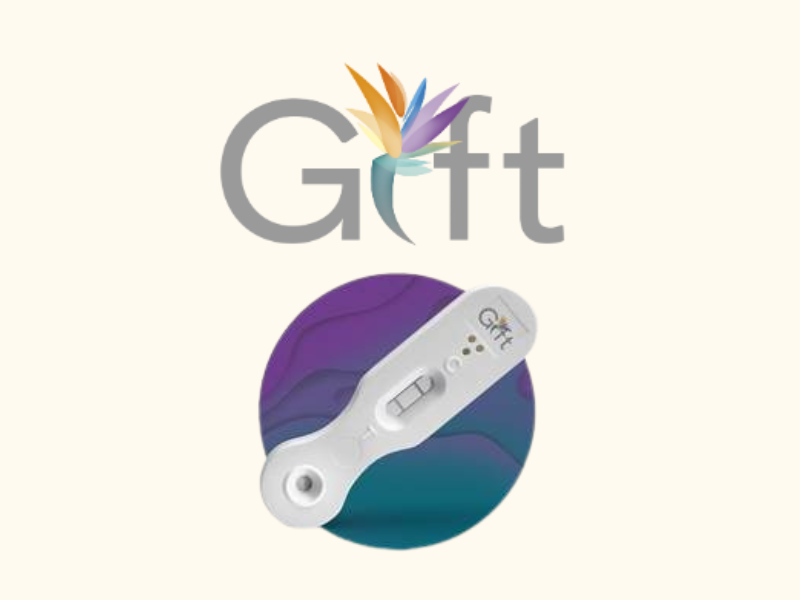
The GIFT-Africa study developed and evaluated a point-of-care lateral flow device to detect genital inflammation caused by sexually transmitted infections (STIs) and bacterial vaginosis (BV) in asymptomatic women. Led by the University of Cape Town (UCT), a consortium of 25 investigators across South Africa, Madagascar, Zimbabwe, and five other countries, trialled the GIFT device for low-resource settings. The project conducted clinical trials, assessed integration into STI/BV management guidelines, and collaborated with Medical Diagnostech (Pty) Ltd for device manufacturing. Funded by the EDCTP (RIA2020I-3297), GIFT combines expertise in diagnostics, public health, and health economics to improve women’s health outcomes in Africa.
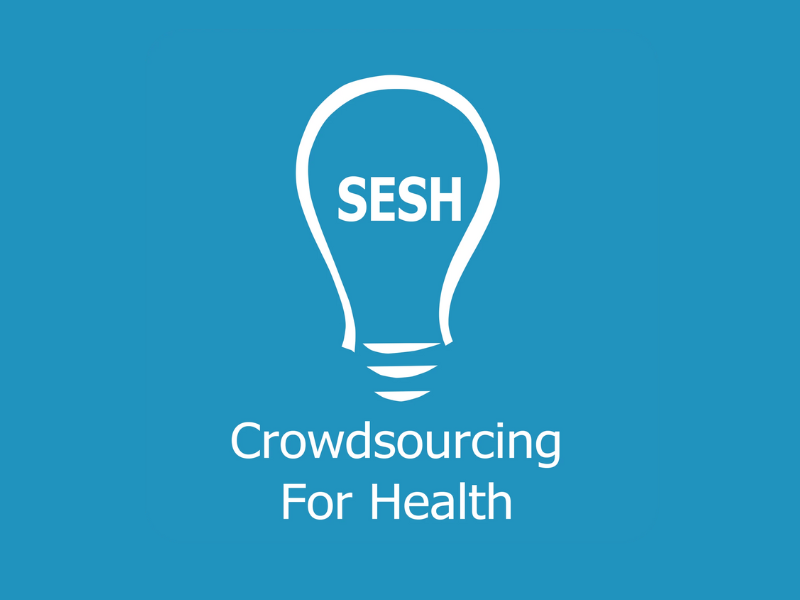
Pay-it-forward has one person receive a gift (an STD test), then asks the same person if they would like to give a gift (STD test) to another person, generating a forward cascade of kindness. This study examines the appropriate contexts for implementing a pay-it-forward strategy to improve HPV vaccine uptake using qualitative interviews and evaluates the effectiveness among adolescent girls in Southwestern China using a randomized controlled trial
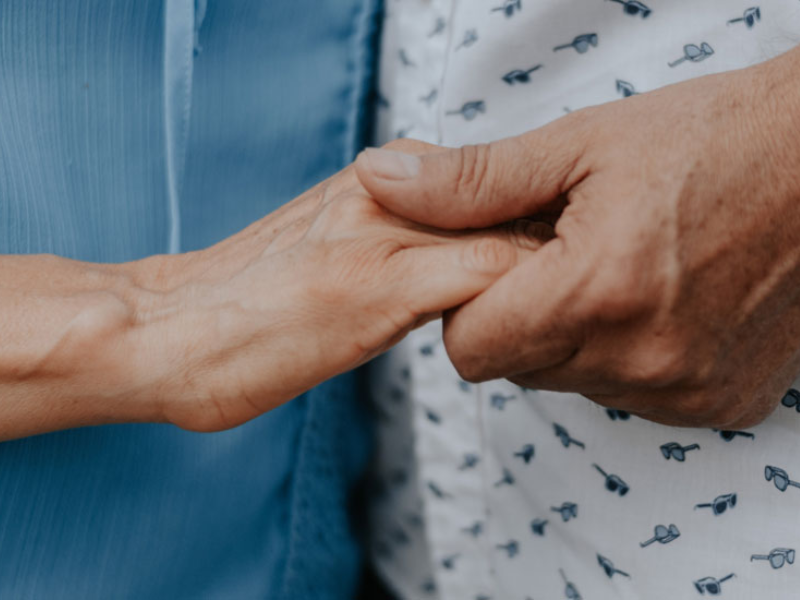
Sexual Health in Older Adults Research (SHOAR) brings together a collaborative UK-China group conducting innovative research using participatory, community-driven approaches to obtain evidence for improving sexual health services among older adults and inform relevant policy recommendations for local authorities.
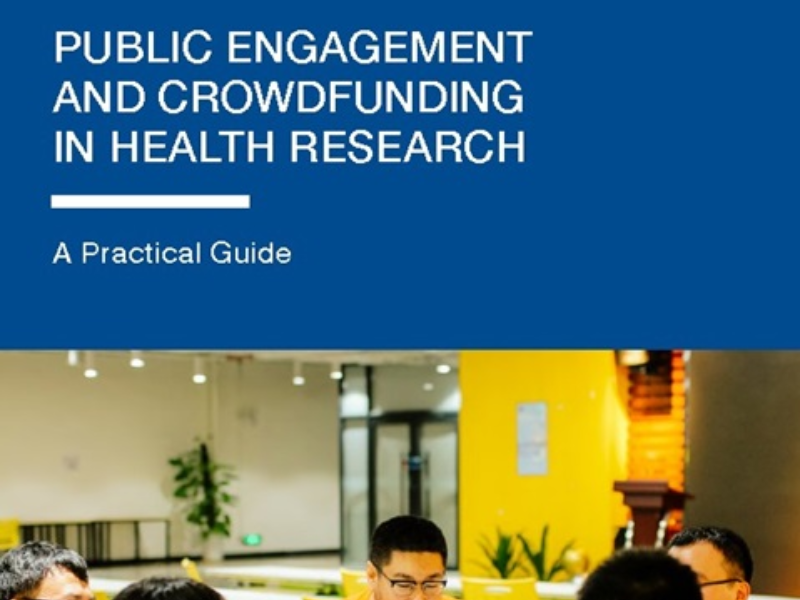
Public engagement and community involvement can spur innovation, meaningfully connect research with local communities. How can this engagement drive crowdfunding for research? We define crowdfunding as the process of engaging large groups of people who make monetary and non-monetary contributions to a research study.
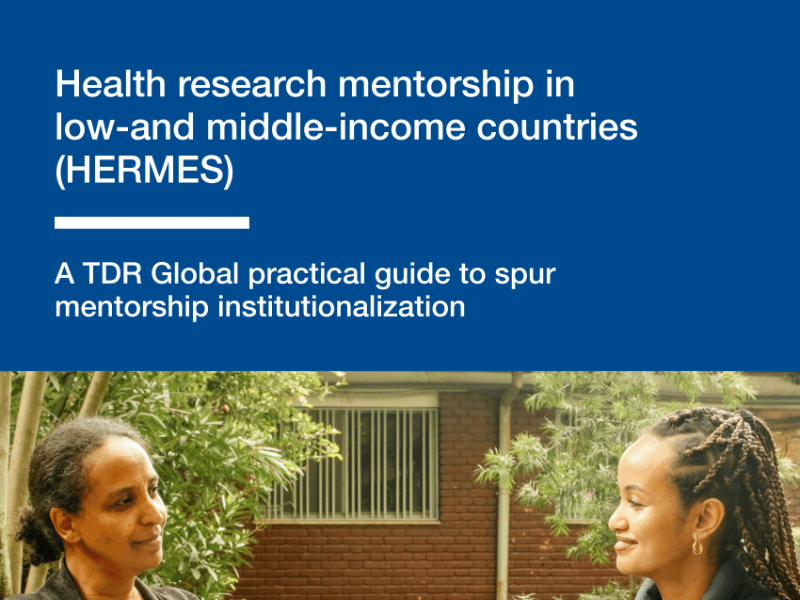
Research mentorship is a powerful tool and needs to be strengthened in LMIC institutions. This guide was developed through a crowdsourcing open call, a scoping review of evidence, and an adapted Delphi method. The guide is aimed at institutional leaders, funders, and others interested in institutionalizing research mentorship in LMICs or other resource-constrained settings.

A subset of the HOPE team are organizing a practical guide on designathons in health and health research in partnership with the WHO/TDR, SIHI, and SESH. A designathon is a multi-stage process that includes an open call for people and ideas, an intensive period of group collaboration, and a period of implementation or other follow-up.
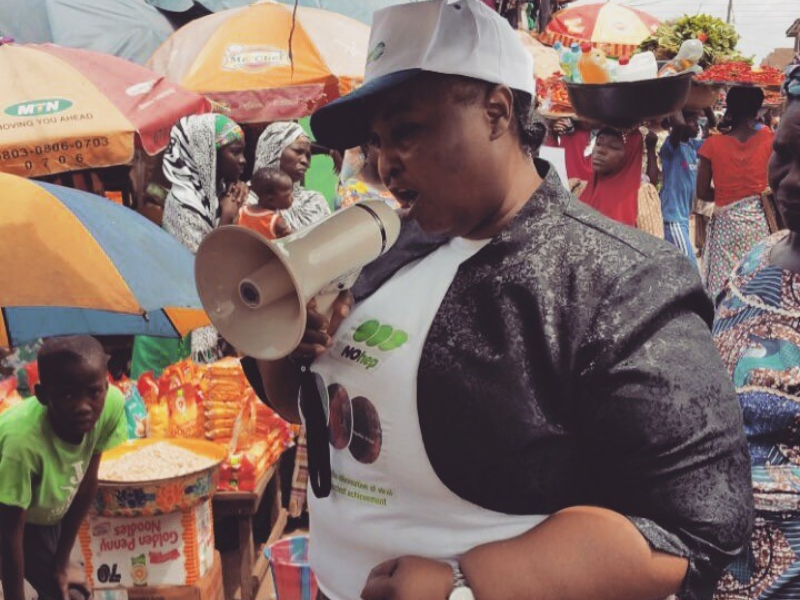
This project used crowdsourcing to identify messages promoting hepatitis advocacy, with a focus on Africa and Asia. The project received a total of 119 submissions, with 28 submissions receiving a mean score of 7/10 or greater.
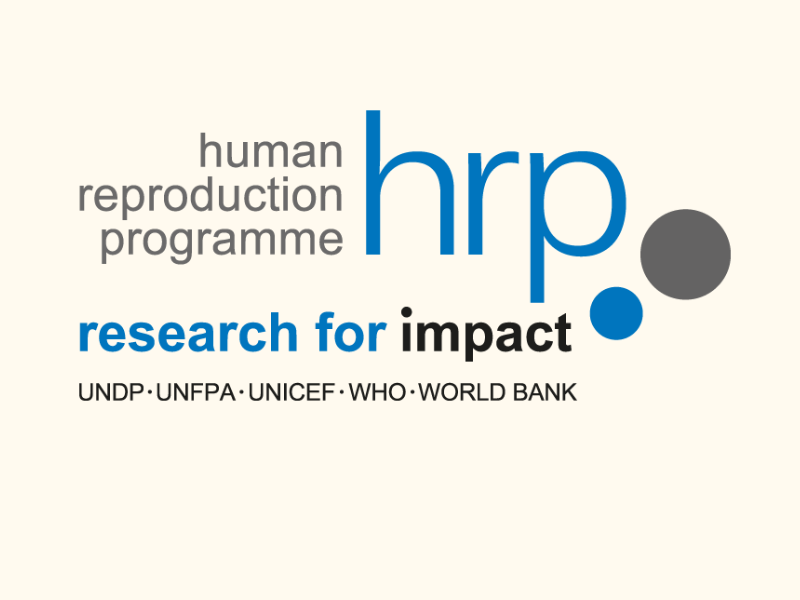
This project is focused on identifying sexual/reproductive health innovations during COVID-19 in partnership with the UNDP/UNFPA/UNICEF/WHO/World Bank Special Programme of Research, Development and Research Training in Human Reproduction (HRP).
Emma Harding-Esch PhD
Emma is an epidemiologist, with a focus on neglected tropical diseases (primarily trachoma) and sexually transmitted infections (STIs).
She obtained both her MSc (Control of Infectious Diseases) and PhD (“Trachoma control and elimination: Field studies in The Gambia and Senegal”) from LSHTM, and led the field studies for the Partnership for the Rapid Elimination of Trachoma (PRET) trial in The Gambia. She also has experience of infectious disease surveillance, having been the Senior Enhanced Surveillance Scientist for CJD at Public Health England, and then a Principal Scientist in PHE’s HIV/STI department. She was Senior Trials Coordinator for the eSTI2 Consortium, led by St George’s, University of London, and subsequently the Programme Manager and Epidemiology Lead for the Applied Diagnostic Research and Evaluation Unit (ADREU), where she conducted several diagnostic evaluations to assess the performance, clinical and public health impacts of novel diagnostic technologies for STIs.
She is also co-chair of the WHO NTD Diagnostic Technical Advisory Group (DTAG) cross-cutting sub-group on surveillance.
Edem Frederick King
Frederick is a hardworking, resourceful part-qualified Management Accountant with ongoing cumulative experience in Financial administration. He has strong numerical and analytical capabilities with vast experience in financial administration, analysing data and account reconciliation.
Throughout his career, he as delivered high quality and accurate financial processes in order to provide key management information and ensure that statutory obligations are met within critical guidelines
Oluwakorede Adedeji
Oluwakorede is a Rhodes Scholar, Pharmacist and digital communication expert with 5+ years of experience in crafting visual and written narratives that capture audiences in the health sector.
Dr. Luis Gabriel Cuervo
Dr. Luis Gabriel was trained as a clinical epidemiologist and family medicine doctor in Colombia. He spearheaded the Cochrane Collaboration in Colombia, training reviewers and writing some of the country’s first systematic reviews. Dr. Cuervo contributed to important train-the-trainer programs to improve research in Latin America and the Caribbean that have been sustained to this day. He has also contributed to advance research reporting standards to increase the value of research and reduce research waste. In partnership with LSHTM, his most recent research checklist focused on enhancing reporting of social innovations in health. He has been a champion of knowledge translation, research transparency, and research for health policies. He is now a senior advisor at the Pan American Health Organization.
Dr. Beatrice Halpaap
Dr. Beatrice Halpaap is co-founder of the Social Innovation in Health Initiative (SIHI). She is a global health expert for TDR, the Special Programme for Research and Training in Tropical Diseases co-sponsored by UNDP, UNICEF, the World Bank and the World Health Organization. She joined TDR in 1997 and developed ground-breaking public-private partnerships to combat infectious diseases of poverty. She is a champion and leader within the rapidly growing field of social innovation in health. Dr. Halpaap played a key role in developing train-the-trainers as part of TDR’s Effective Project Planning and Evaluation courses. As part of SIHI, she has worked closely with Dr. Cuervo and the LSHTM team on a special supplement with BMJ Innovations.
Carlos Eduardo Gouvêa
Carlos Eduardo Gouvêa graduated in Public Administration (EAESP/FGV – Brazil) and Law (University of São Paulo) and holder of a MBA degree (OneMBA – University of North Carolina, Erasmus Universiteit, University of China in Hong Kong, Tec de Monterrey and FGV – Fundação Getúlio Vargas). After a short experience at the Legal Area, focusing on Corporate Law at O’Melveny & Myers and Goulart Penteado, Iervolino & Lefosse (Linklaters), worked in Marketing at Unilever and at Courtaulds, before joining Coopers & Lybrand.
In the Healthcare Area, held positions as Diagnostic Business Manager at Organon Teknika (Akzo Nobel) and CEO of Support and Mococa (Royal Numico). Since 2005 is Managing Partner at Green Hill Consulting, focused on the healthcare area with interests in start ups, being also responsible, as Managing Director, for CMW Saúde, a company dedicated to specialized nutrition in Latin America.
Currently is in charge of several associations, in different positions: as Executive President at CBDL (Brazilian Chamber for In Vitro Diagnostics), President at ABIIS (Brazilian Alliance for Innovative Healthcare Industry) and as Institutional Relations Director at the IES – Ethics Health Institute. He is also a founding member and President of ALADDIV – The Latin American Alliance for the Development of In Vitro Diagnostics and acts as Member of the Advisory Boards of FBAH – Brazilian Federation of Hospital Administrators and INAC – Institute Against Corruption.
Susan Nkengasong DrPH
Susan graduated from the Department of Clinical Research, Faculty of Infectious and Tropical Diseases, with a strong interest in HIV-self-testing research. She has developed a keen interest in several areas of public health including using innovative approaches to promote public health. She has been involved in designing and implementing crowdsourcing approaches to improve the uptake of HIV-self testing among adolescents. Her primary research interests include infectious disease prevention, mental health research, policy translation, and partnership coordination.
Debi Boeras PhD
The Global Health Impact Group started by Debi Boeras in 2014 was formed in response to the need for stronger partnerships to meet global HIV targets. Debi brings with her over 10 years of HIV experience as a molecular virologist at Emory University Yerkes Primate Research Center and then as the Lead for Molecular Diagnostics at the International Laboratory Branch, Centers for Disease Control and Prevention. In Debi’s experience, the most efficient and effective approach to ensure successful programs in HIV diagnosis and monitoring is through strong collaborations. Debi continues to work closely with the African Society for Laboratory Medicine (ASLM), CDC and PEPFAR, Clinton Health Access Initiative (CHAI) and Doctors Without Borders (MSF), UNAIDS, UNITAID and the World Health Organization (WHO), providing laboratory and programmatic technical expertise to ensure sustainable country-owned health care programs and health systems.
Dan Wu PhD
Dan Wu, PhD, an assistant professor at the Faculty of Infectious and Tropical Diseases, London School of Hygiene and Tropical Medicine (LSHTM) and research advisor at the Social Entrepreneurship to Spur Health, UNC Project-China. Dr. Wu received her doctorate in Family Medicine and Primary Care from The University of Hong Kong. She completed her postdoctoral training at the UNC Project-China and LSHTM.
Dr. Wu has a special research interest in using innovative strategies to promote public health. She has been intensively engaged in designing and implementing innovative health interventions, such as crowdsourcing, pay-it-forward, and secondary distribution research to improve uptake of essential public health services among key populations. Crowdsourcing has a group of individuals to solve a problem then share optimal solutions back with the community. She is currently leading a global crowdsourcing open call to solicit patient and advocate stories related to viral hepatitis, aiming to amplify the voices of neglected communities for spurring policy changes in local contexts. Pay-it-forward gives an individual a free service as a gift from the community then asks the individual if she/he is willing to donate to support more future users. Dr. Wu is currently leading a couple of pay-it-forward pilot interventions to improve influenza and HPV vaccine uptake among key populations in China.
Eneyi Kpokiri BPharm MSc PhD
Eneyi Kpokiri, PhD is an Assistant Professor of Social Innovation in Health based at the International Diagnostics Centre, LSHTM. She has conducted several innovation challenge contests in global health topics including clinical diagnostics and AMR and access to infectious disease diagnostics in LMICs. With a clinical pharmacy background, her doctoral research from the University College London, School of Pharmacy focused on improving antibiotics use by identifying strategies to support the implementation of effective antimicrobial stewardship programmes in low and middle-income settings. She has experience in health services research using participatory and qualitative methods. Her research is on exploring current public health services and practice patterns, identifying challenges and potential opportunities
Professor Joseph Tucker MD PhD
Joseph D. Tucker is an infectious diseases physician with a special interest in using public challenge contests to improve sexual health. He is an Associate Professor at the London School of Hygiene and Tropical Medicine and at the University of North Carolina at Chapel Hill School of Medicine. His team’s ongoing research investigates challenge contests to promote HIV, syphilis, HCV, and HBV testing. He is the Chairman of the Steering Committee of Social Entrepreneurship to Spur Health (SESH), a group focused on using public challenge contests to improve health. Many of his challenge contests have focused on promoting diagnostics, creating people-friendly diagnostic services, and enhancing uptake of diagnostics. He has contributed to several WHO guidelines and serves as a member of the TDR Global Working Group. Joe received his BA from Swarthmore, MD from UNC, AM (RSEA) from Harvard, and PhD from the London School of Hygiene and Tropical Medicine.
Professor Rosanna Peeling PhD
Rosanna Peeling is currently Professor and Chair of Diagnostics Research at the London School of Hygiene and Tropical Medicine (LSHTM) and Director of the International Diagnostics Centre (IDC). Trained as a medical microbiologist, Dr. Peeling had been Research Coordinator and Head of Diagnostics Research at the UNICEF/UNDP/World Bank/WHO Special Programme on Research and Training in Tropical Diseases (WHO/TDR) in Geneva, Switzerland, and the Chief of the Canadian National Laboratory for Sexually Transmitted Diseases before assuming her current position. Her work in WHO/TDR focused on the evaluation of diagnostics appropriate for developing countries settings, to inform policy and procurement decisions. Dr Peeling’s work at LSHTM spans from facilitating test development and evaluation to translation of evidence to policy, appropriate placement of new diagnostic technologies into different health care settings to ensure maximum impact, and innovation in the uptake of testing by marginalised populations. She established the IDC to provide a global hub for advocating the value of diagnostics, fostering innovation, and accelerating regulatory approval and access to quality-assured diagnostics to improve global health. In 2014, she was awarded the George MacDonald Medal by the Royal Society of Hygiene and Tropical Medicine for contributions to tropical medicine, becoming the first woman to receive this honour.
Prof Peeling’s work in WHO/TDR focused on the evaluation of diagnostics to inform policy and procurement decisions in developing countries. She has also extensive experience conducting implementation research on the introduction of new diagnostics to ensure optimal uptake and sustainable adoption. At LSHTM, Prof Peeling established the International Diagnostics Centre with the aims of accelerating access to diagnostics in the developing world through reducing duplication of clinical trials, streamlining regulatory approval and accelerating policy development.
In collaboration with WHO/TDR and the University of Hong Kong, Prof Peeling is exploring the use of social innovation to build sustainable models of health service delivery in the developing world.